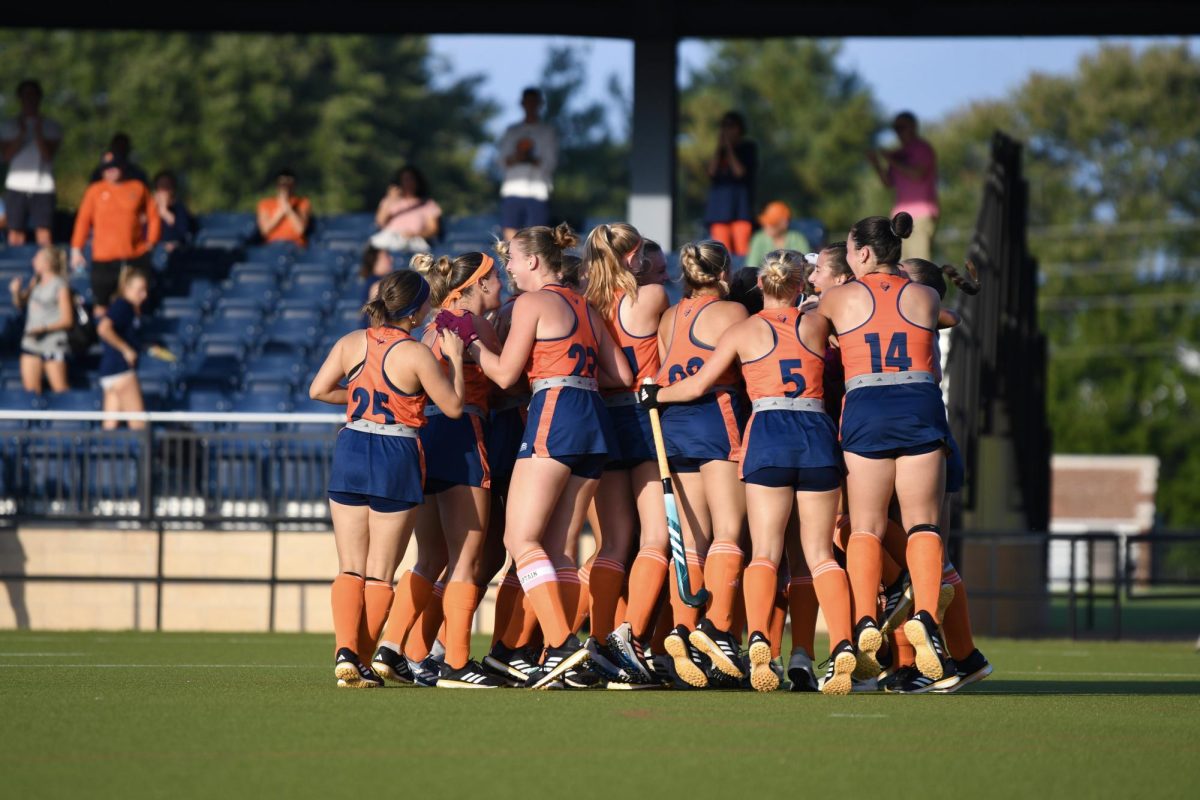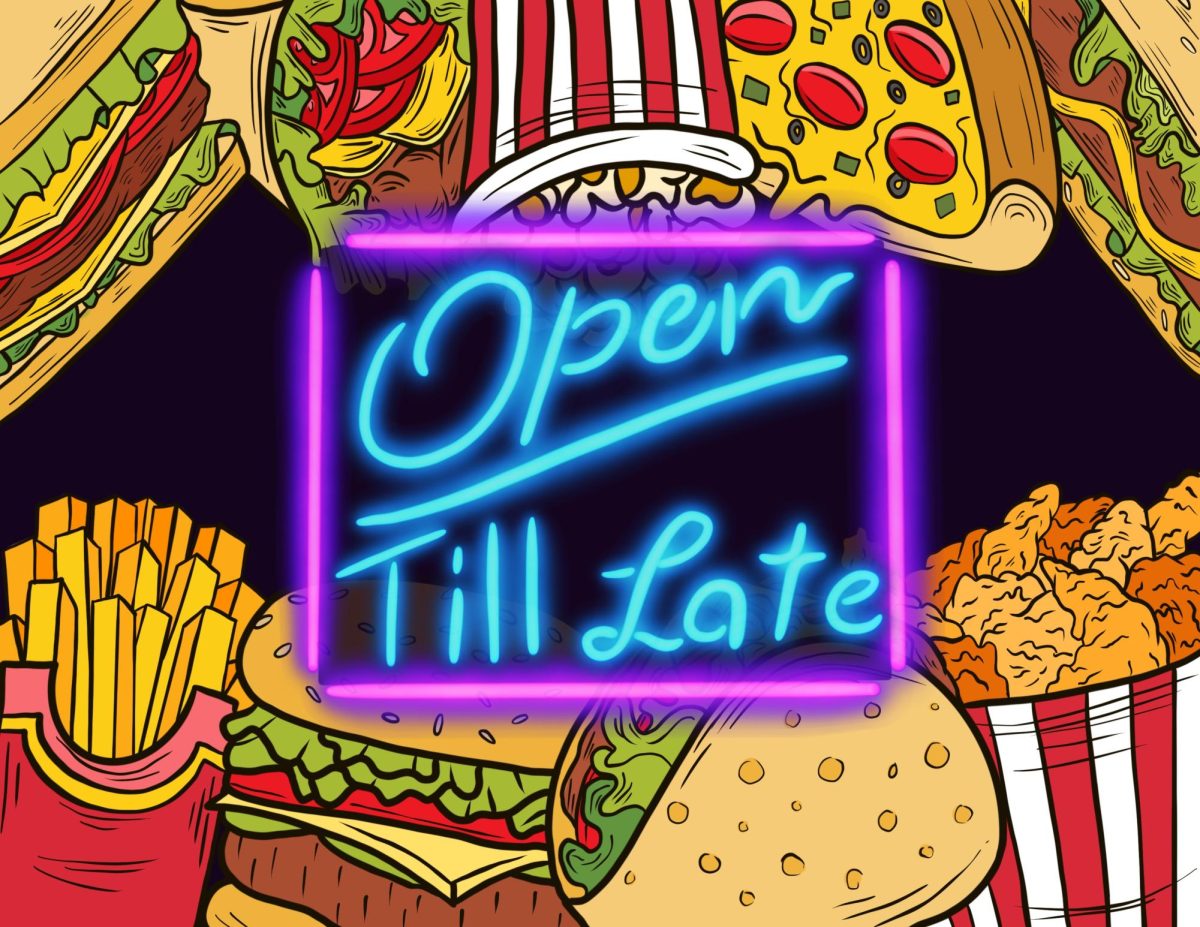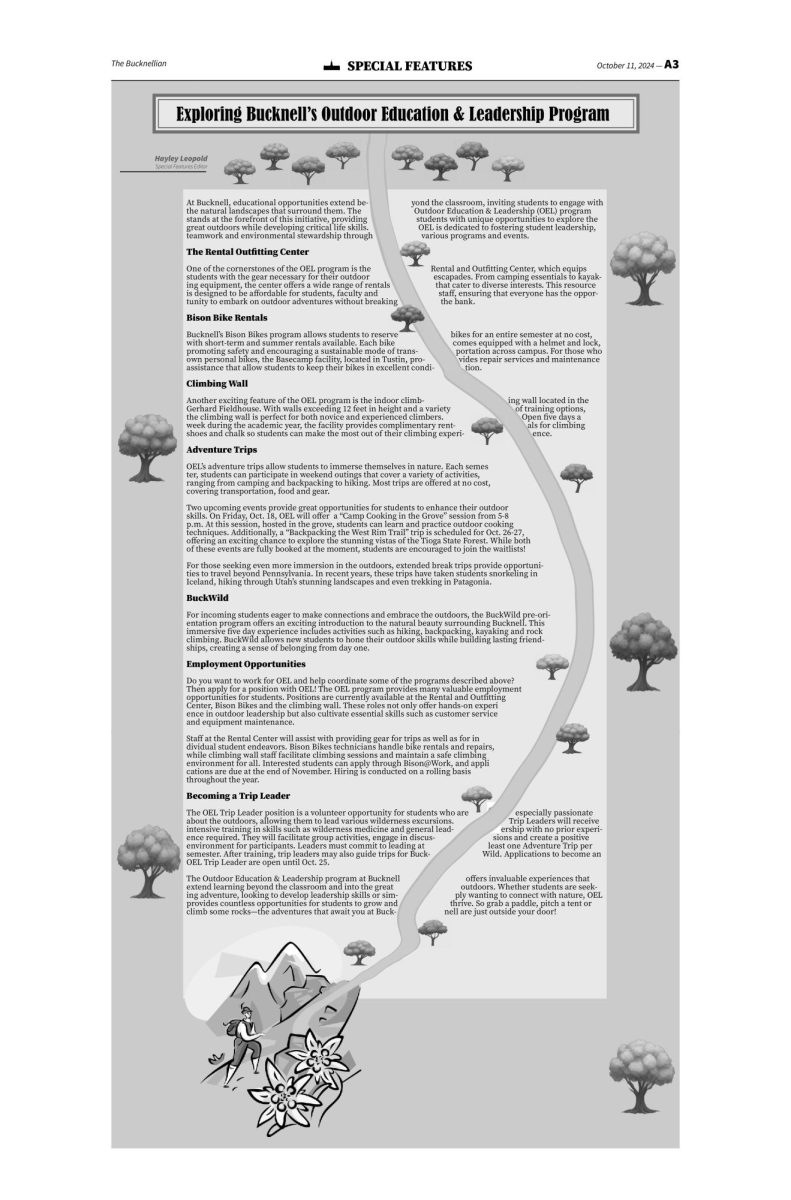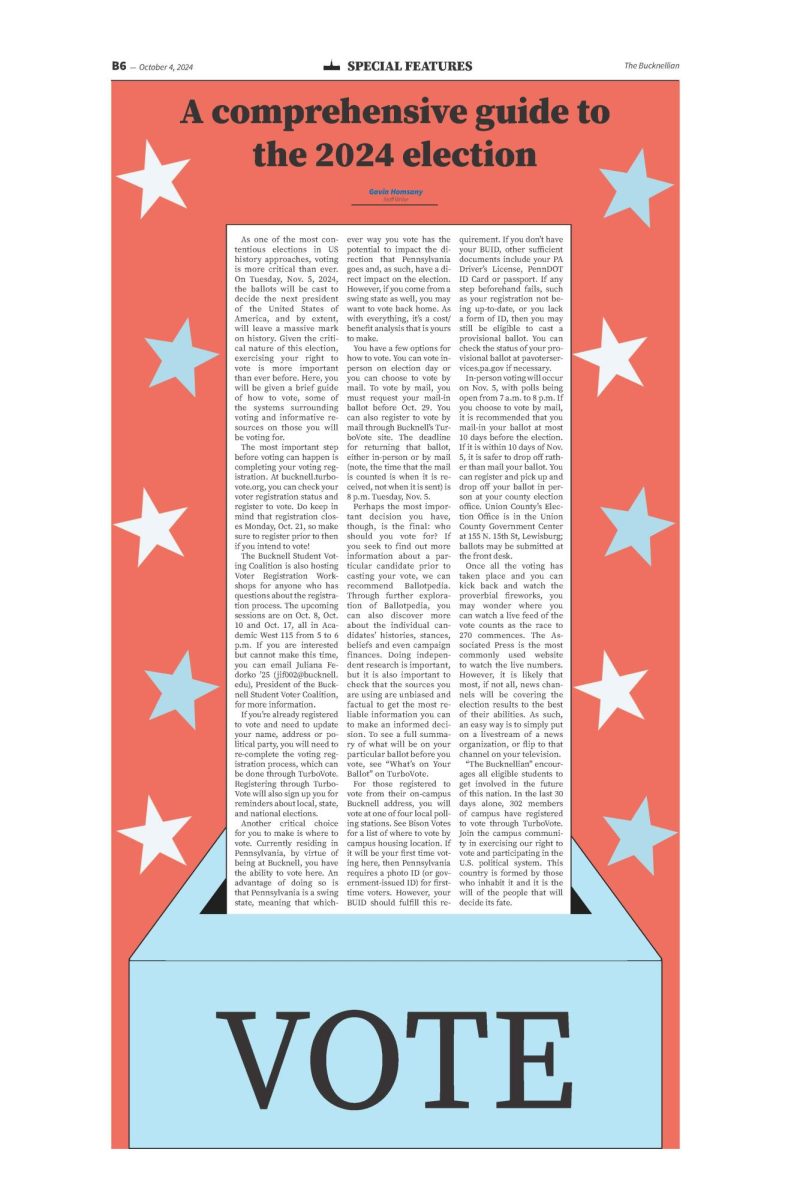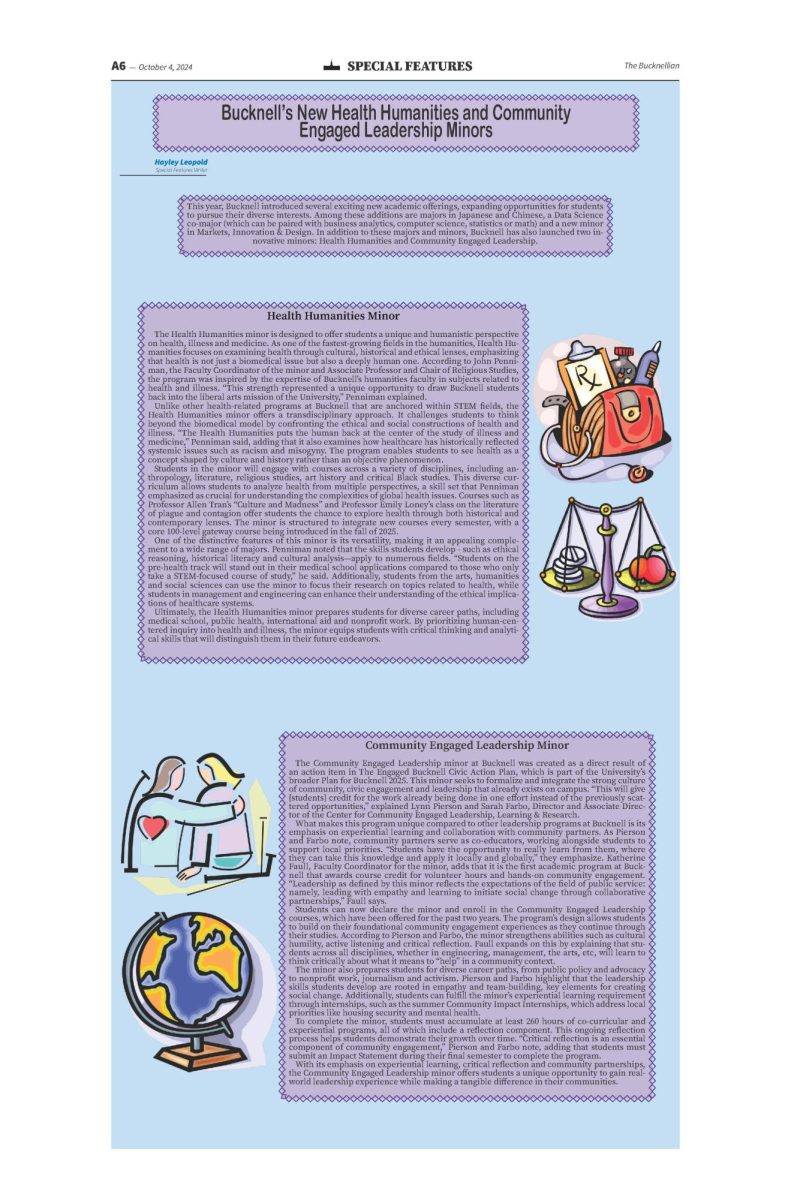By Jennifer Mok
Writer
Invisible Children, an organization dedicated to stop Joseph Kony and support those affected by the war in East and Central Africa, has caused quite a stir due to its Kony 2012 movement. While many, including myself, were quick to jump into the general sentiment of hope and excitement for change, others were skeptical. Unsure of the reason behind the growing number of hesitant individuals, I decided to step back from the hype and examine the event and organization with a more critical point of view. The results? Not so great.
If you own a Facebook account, you have most likely seen the inspirational film promoting Kony 2012. Whether or not you have actually watched the video floating around on your newsfeed, you probably have at least heard of its existence. Using easy-access tools such as YouTube and Facebook, people have spread this video and its motive with much success. There is no doubt that this 30-minute video has greatly influenced the public sentiment in a short period of time. The film was designed to be informative, tear-jerking, inspiring and easy to digest. Viewers were left informed about the atrocities occurring in Uganda and motivated to make a change. The video created this feeling of great ability: that everyone was able to contribute in one way or another. The film asks viewers to participate in the event by donating and sharing the film with as many people as possible. Many opted to contribute by using their precious time to perform the meaningful push of a “share” button.
I do not wish to undermine neither the efforts nor the intentions of Invisible Children. However, I feel this approach is highly ineffective as it provides people with an easy way out. Simply reposting a video and sharing articles and images on a matter of such great importance is simply not enough. What Invisible Children has started is not an actual, substantial act but rather a virtual illusion of action and a powerful sentiment.
This is the main problem and center of controversy surrounding Invisible Children. The non-profit organization focuses much on raising awareness on the war and the Lord’s Resistance Army (LRA). The profits made from their merchandise and donations are used to create films such as “Kony 2012.” But not even 40 percent of their profits are directed toward supplies and support for the people of Uganda. This means that a whopping 60 percent is distributed to employees, offices and filmmaking. I don’t know about you, but that doesn’t sit right with me.
A movement with the purpose to help others should do much more than just raise awareness. Children are able to raise awareness by simple acts of speech, poster making and fundraisers. Why should I buy a customized kit designed to promote the need to arrest Joseph Kony, yet utilized as profit for a group of individuals who are incapable of handling money in a more well-constructed manner? Also, in sharing of these posters, bracelets, handouts and other products branded by Invisible Children, the focus shifts from the criminal acts of Joseph Kony to the organization.
I even found myself thinking how wonderful, perhaps even heroic, Invisible Children seemed for its forward approaches. This cause and effort should be inspiring others not to join and applaud the group, but to educate one another and create effective ways to not only halt the activities of Joseph Kony, but also help survivors and those suffering because of this injustice.
I partially blame our generation’s craving for hype, creativity, forward thinking and need for cause of unity for the outcomes of this event. We are often so swept up by an emotional fever of heroism that the feeling of ability and empowerment makes us forget the core of the undertaking. We begin to live in this frenzy of elated, high optimism.
Invisible Children has done a fantastic job in raising awareness. Now, to actually make a difference, it is our job to use the knowledge given to us and turn it into action. Raise money and donate to the African Militia, write to the politicians–those for and against American involvement–contact survivors, reach out to affected communities and do something other than point out a problem. You can make a difference, but emphasizing the existence of an issue is not the proper–or effective–way of doing so.






